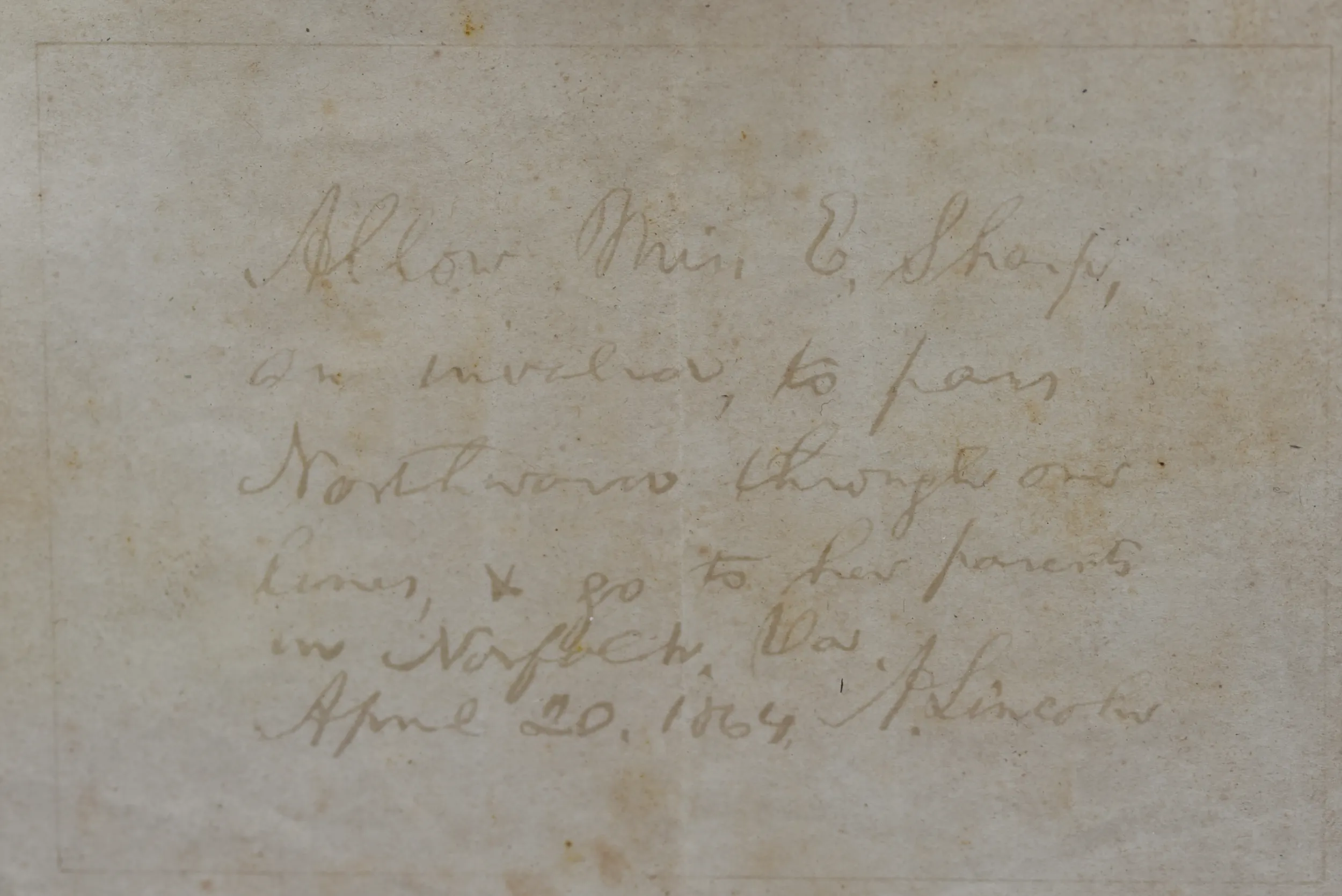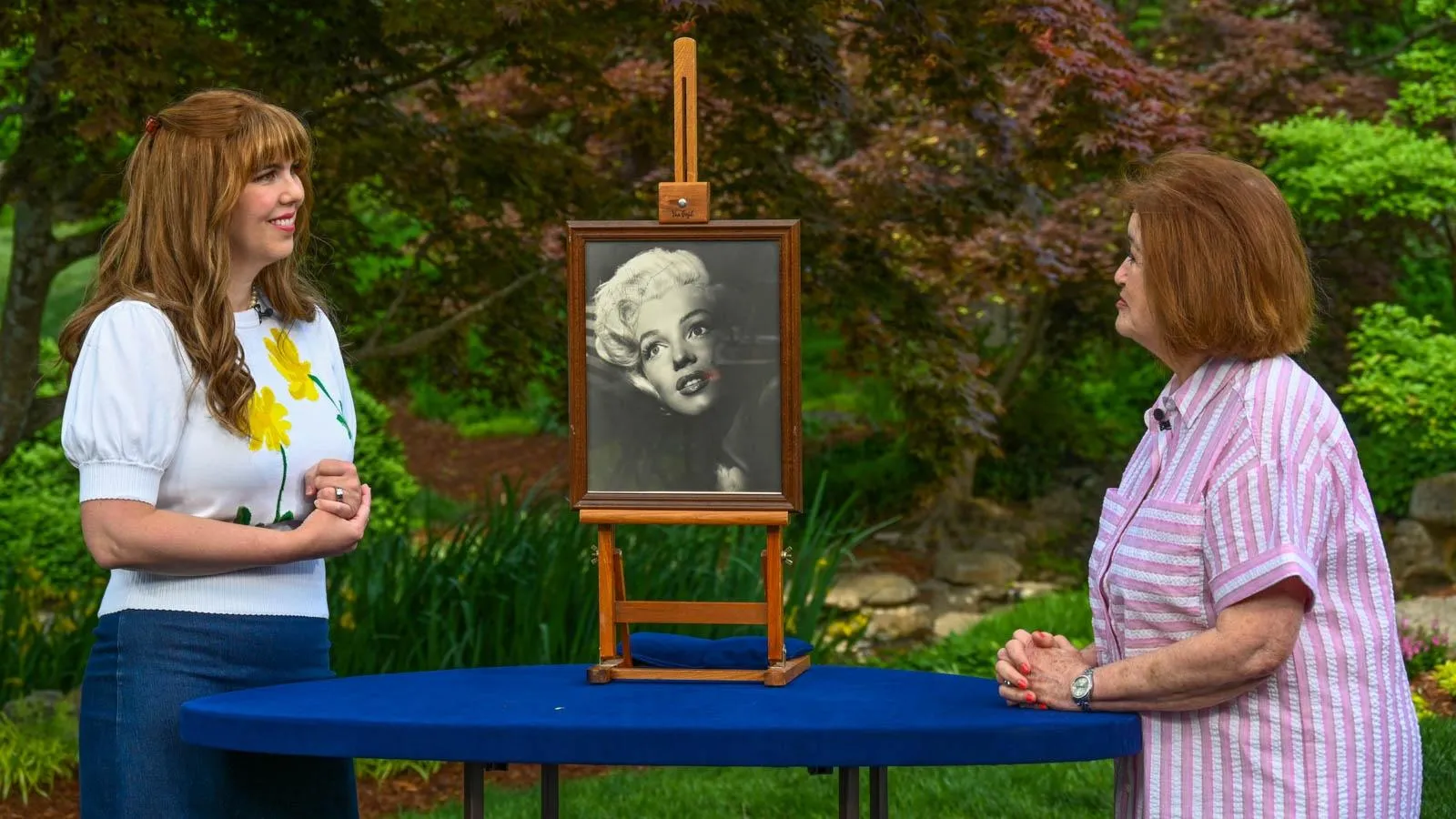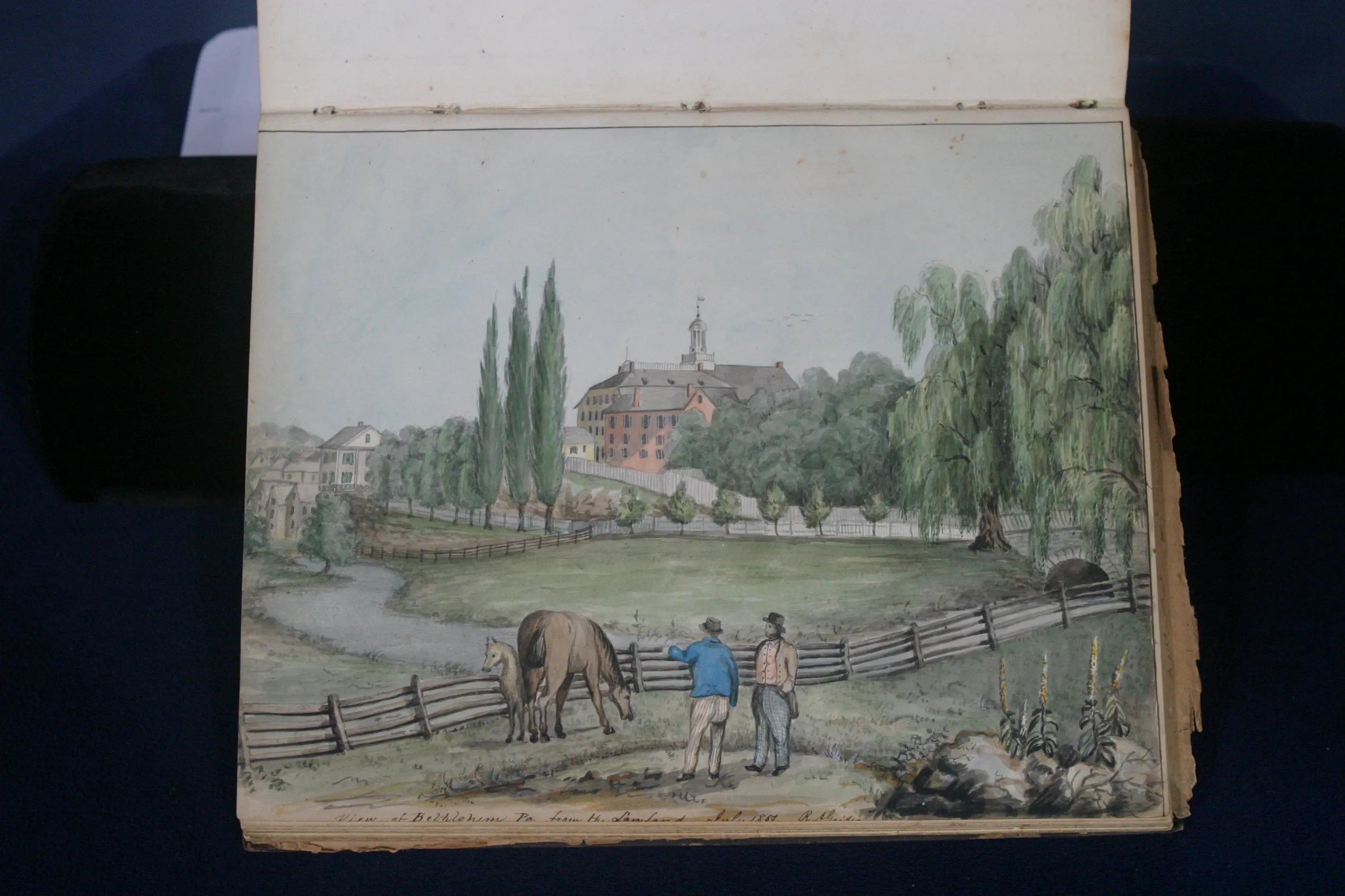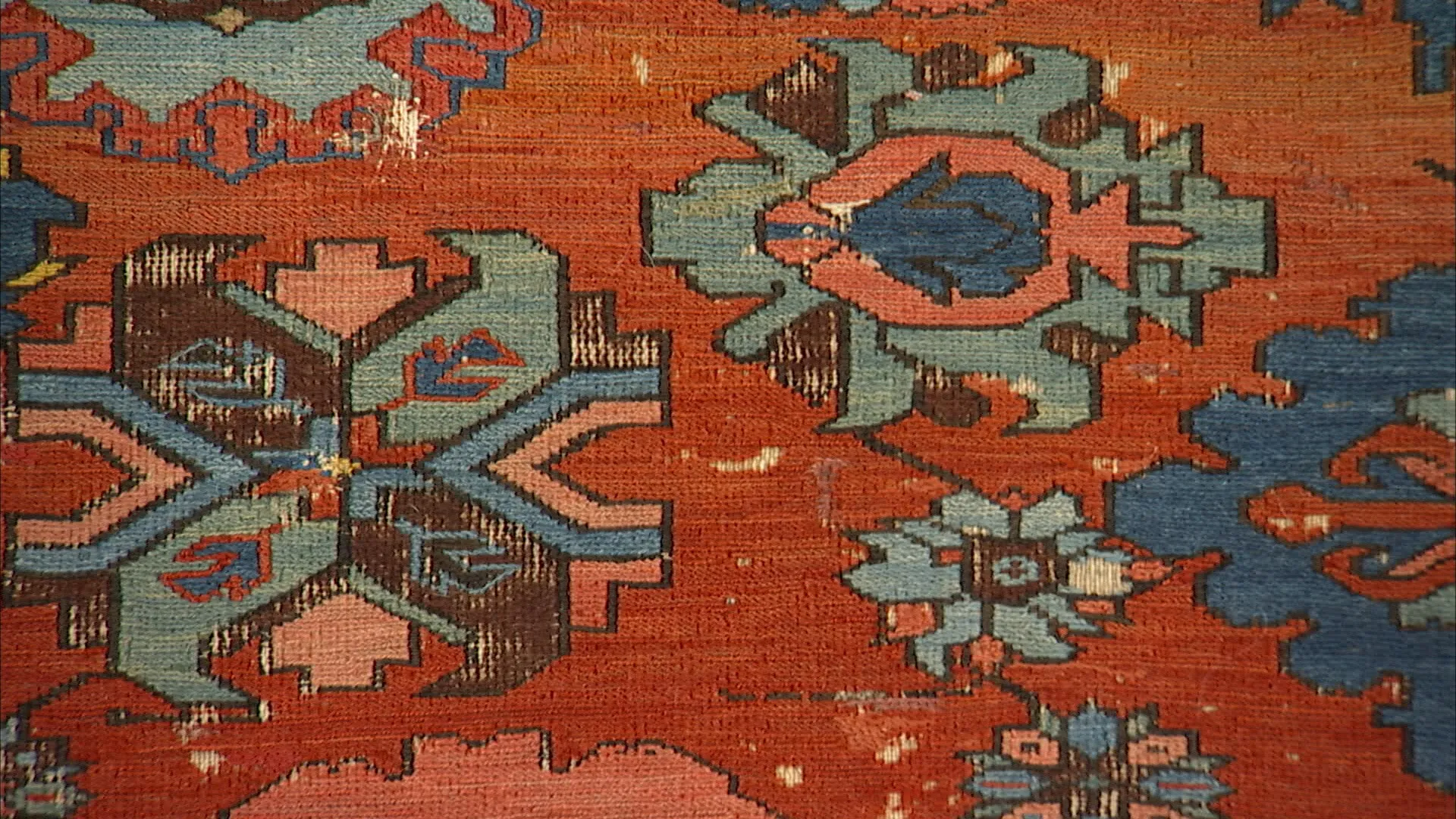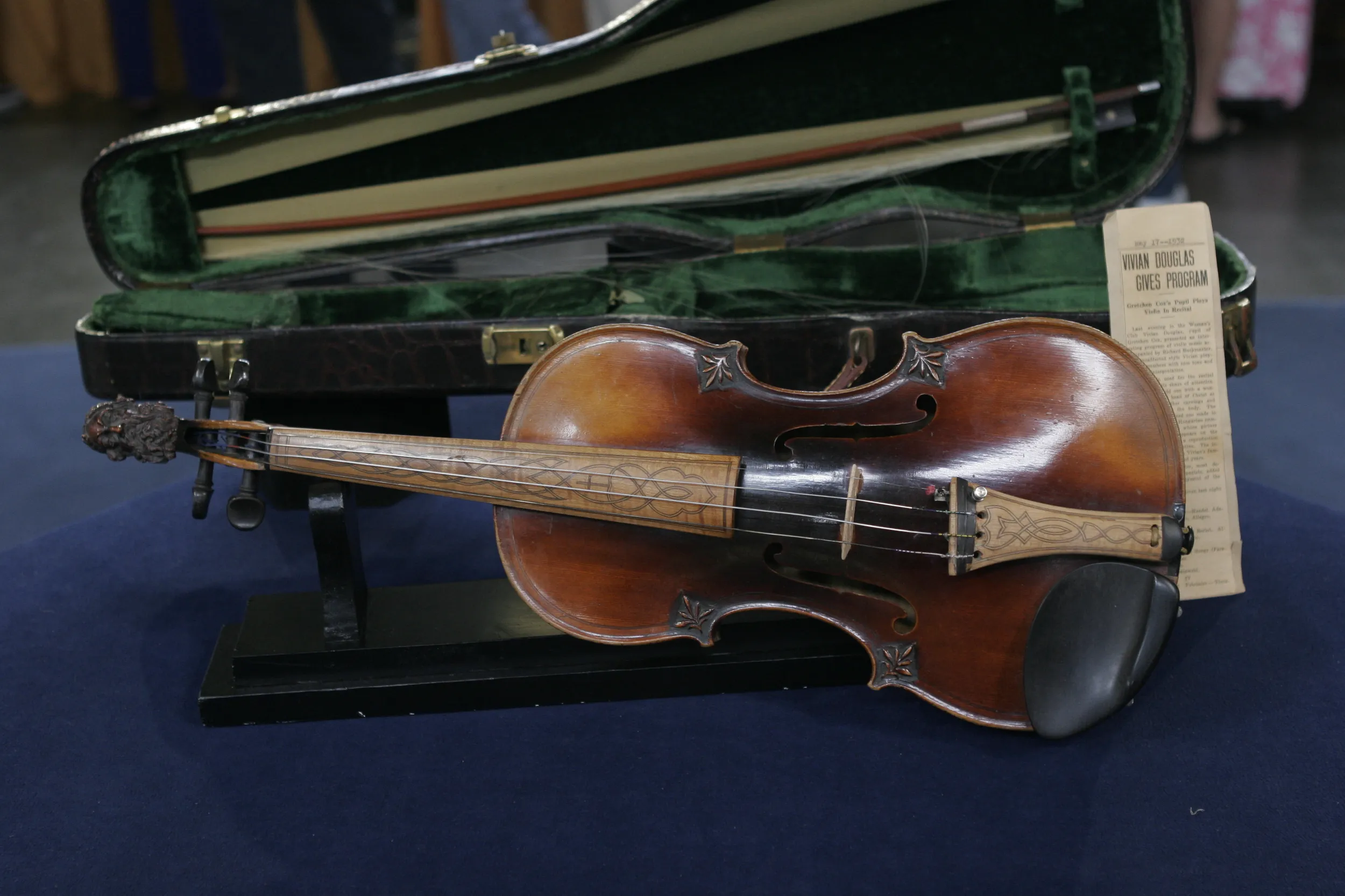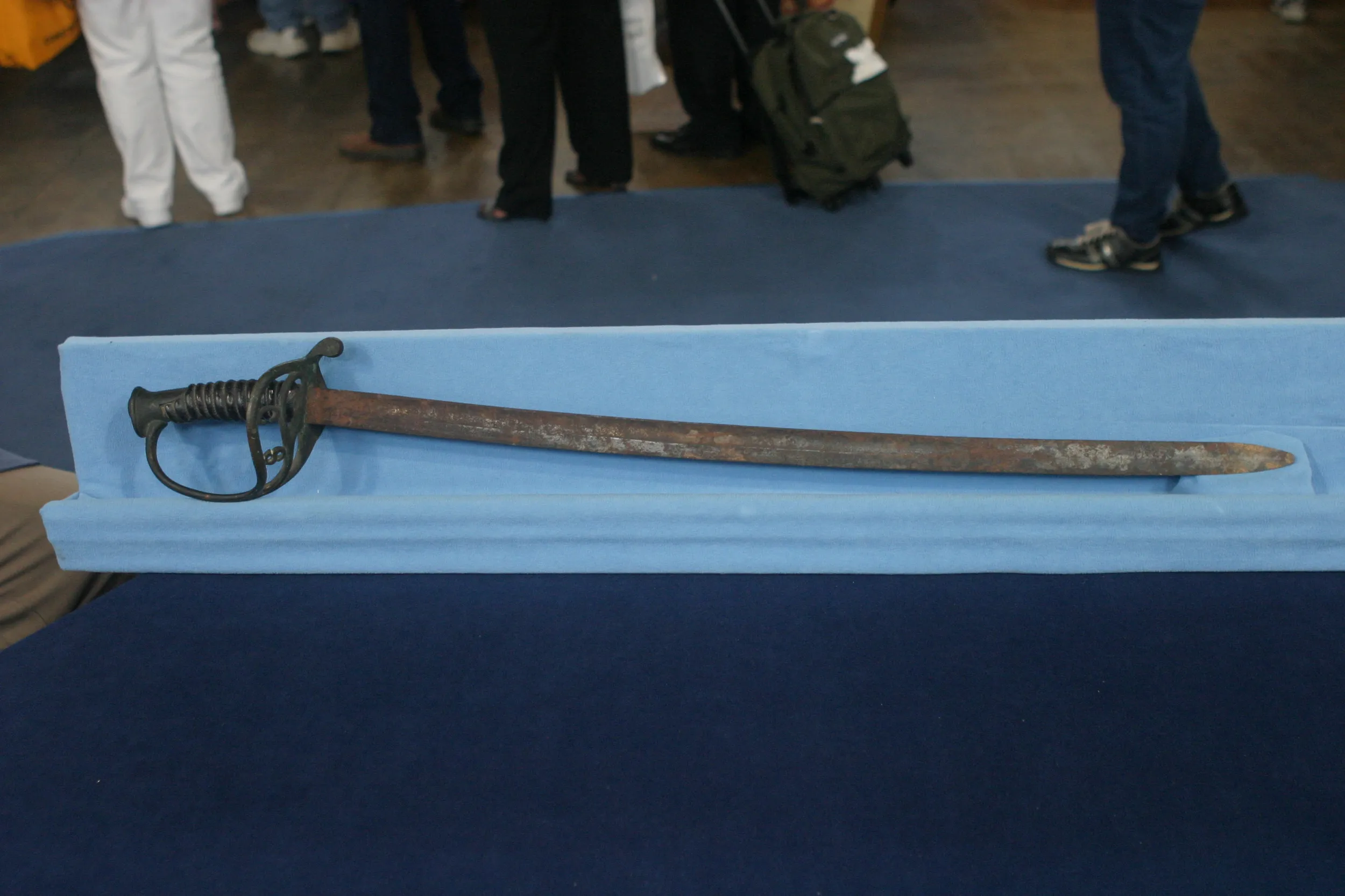GUEST: This was given to me by my uncle, and it was signed by Abe Lincoln.
APPRAISER: What do we know about the individual mentioned?
GUEST: I really don't know anything about this, that's why I'm here. I've done some ancestry, and that name doesn't come up in my family tree, so it could have been a servant. My great-grandfather served in the Confederate Army. When I look at the census with my grandfather's home, he did have some servants living there.
APPRAISER: When did you first become aware of it?
GUEST: When my uncle gave it to me.
APPRAISER: And that was?
GUEST: About 1975?
APPRAISER: Why did he pick you to gift this item to?
GUEST: 'Cause I was the youngest in the family, and I, he'd given other people other things, so he just gave it to me.
APPRAISER: Well, it is a very interesting artifact, and anything that is signed by Abraham Lincoln is going to be interesting to people because he is iconic. Mr. Lincoln's presidency was one, one of the most tumultuous times in our country. But the pass that you have here demonstrates a few interesting things. One is that this individual, whoever she m, may have been, needed to get through Federal lines to visit family. During the Civil War, the Confederacy considered themselves a separate country. Mr. Lincoln did not. He considered them U.S. states that were in a state of rebellion. What excited me when you brought this in is that it shows Lincoln responding to somebody who had a need. So the pass says, "Allow Miss E. Sharp, a widow, "to pass northward through our lines and go to her parents in Norfolk, Virginia," and that is dated April 20, 1864, and signed by President Abraham Lincoln. That is right at the beginning of Grant's wilderness campaign, when they are going to bring maximum pressure to bear on the Confederacy, try to capture Richmond. During this time period, President Lincoln travels south to Virginia to meet with General Grant and confer about some of these things. He took a very active role in military decision-making as commander-in-chief of the Armed Forces. From records, we know that Lincoln met with General Grant in D.C. on the 20th to discuss strategy, and apparently also tended to this request on behalf of Miss Sharp. He must have been compelled to give her a pass written in his own hand to allow her to pass through Union lines to get to her family.
GUEST: It's all written by him?
APPRAISER: Yes.
GUEST: Wow.
APPRAISER: It appears to me. And I consulted with some of our friends at books and manuscripts, and they agreed. It looks like it is written from beginning to end by President Lincoln.
GUEST: Wow.
APPRAISER: The other thing that impresses us so much about Abraham Lincoln is, this is not unusual. There are examples of him writing these passes for people that have sold previously that still exist, that families have kept. Have you ever given any thought to value?
GUEST: I thought it was just signed by him, and I looked up the worth of his signature some years back, and it was, like, a couple of thousand dollars.
APPRAISER: But an autograph on its own, what does it really tell you? If you remove it from that context...
GUEST: Yes.
APPRAISER: ...all it tells you is that Lincoln signed his name or whoever signed the name on that piece of paper on that day. This is in context, this tells a story, and consequently, it has more gravitas and historical interest than a signature would. If I was to put an auction estimate on this today, it would be $20,000 to $30,000.
GUEST: (blows out, chuckles) A lot more than I thought, but I'm thrilled to find out he wrote the whole thing. That's, that's wonderful.

